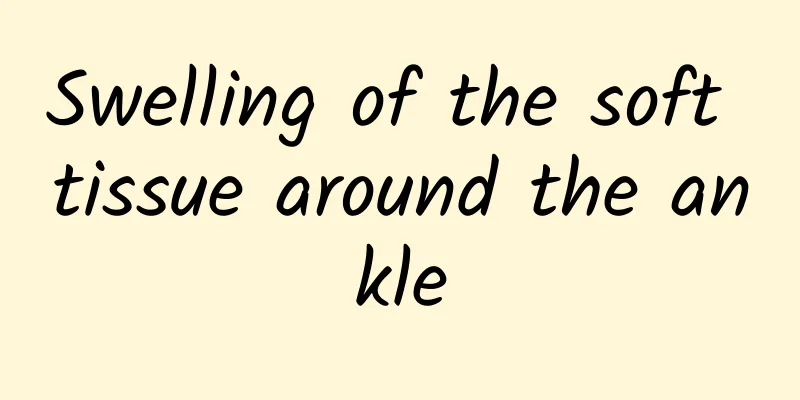How to treat urticaria blisters

|
As the name suggests, urticaria blisters mean that patients suffering from urticaria will find small blisters growing on the affected area. Urticaria is a type of skin disease that causes itching and makes people want to scratch the affected area constantly to relieve the pain. However, urticaria blisters should not be scratched. Scratching the affected area will make the condition worse and may not heal for a long time. So what should you do if you encounter urticaria blisters? The cause of urticaria is very complicated, and the cause cannot be found in about 3/4 of patients, especially chronic urticaria. The common causes include: food and food additives; inhalants; infection; drugs; physical factors such as mechanical stimulation, cold and heat, sunlight, etc.; insect bites; mental factors and endocrine changes; genetic factors, etc. Clinical manifestations The basic lesion is the appearance of wheals on the skin. The skin often itches first, followed by the appearance of wheals, which are bright red or pale, skin-colored. A few patients have edematous erythema. The size and shape of the wheals vary, and the onset time is uncertain. The wheals gradually spread and merge into sheets. Due to edema of the dermal papillae, the openings of the epidermal hair follicles can be seen sunken downward. The wheal lasts from several minutes to several hours, and in some cases it can last for several days before disappearing without leaving any trace. The rash occurs repeatedly in batches, mostly in the evening. Wheals are often generalized but may also be localized. Sometimes it is accompanied by angioedema, and occasionally bullae form on the surface of the wheal. Some patients may experience nausea, vomiting, headache, head swelling, abdominal pain, and diarrhea. Severe patients may also have systemic symptoms such as chest tightness, discomfort, pale complexion, accelerated heart rate, weak pulse, low blood pressure, and shortness of breath. Urticaria is caused by various factors that lead to temporary inflammatory congestion and excessive fluid exudation in the blood vessels of the skin and mucous membranes. 1. Calcium supplements can be used for acute urticaria, and drugs such as reserpine and anloxin can be used to treat chronic urticaria; 2. Cold compress: Applying local ice compress to the itchy area is the best way to combat skin itching. It can not only cause local blood vessels to constrict, but also reduce the itching sensation, but this is only for relieving itching. Guidance: 1. Eat less seafood, lamb and other foods, eat more fruits and vegetables, and avoid drinking alcohol and eating irritating foods. 2. Pay attention to physical exercise to improve resistance 3. How to deal with blisters that appear when urticaria appears? Do not scratch the blisters, because scratching the local area will increase the local temperature and cause the blood to release more histamine, which will make the condition worse. Therefore, when caring for urticaria, you should pay attention to avoiding scratching as much as possible to avoid increasing skin lesions. You should actively cooperate with the doctor's treatment to effectively treat the disease. |
Recommend
The latest treatments for epilepsy
Many epilepsy patients want to find a better trea...
Red and cracked chin
The chin is a very important part of our body. So...
What are the symptoms of nodular goiter?
Nodular thyroid cyst is a relatively common thyro...
Try this shrinking method to make you return to 18 years old
Many handsome men and beautiful women have large ...
Key points for observation of patients with shock
Due to factors such as physical weakness or illne...
Multiple calcifications in the liver
Organ calcification is an important problem and t...
What are the treatments for neuralgic headaches?
Neuralgia headaches may be familiar to everyone. ...
Can I take a hot spring bath on a rainy day?
We all know that hot springs are a great place fo...
When is the best time to take Zhibai Dihuang Wan?
Zhibai Dihuang Wan is also a Chinese patent medic...
How to exercise for kidney deficiency and back pain
Kidney deficiency often leads to low back pain. A...
How long can a person with hepatitis B live?
When Hepatitis B virus (HBV) turns into Hepatitis...
What is the difference between hemoptysis and hematemesis? How to identify?
Vomiting blood and coughing up blood are both cal...
How to make scallion pancakes soft and delicious
Scallion pancake is a kind of pancake made with c...
How to treat frostbite
In winter, the weather is quite cold, so you must...
Causes of black spots in the whites of eyes
It is quite common to see black spots in the whit...









